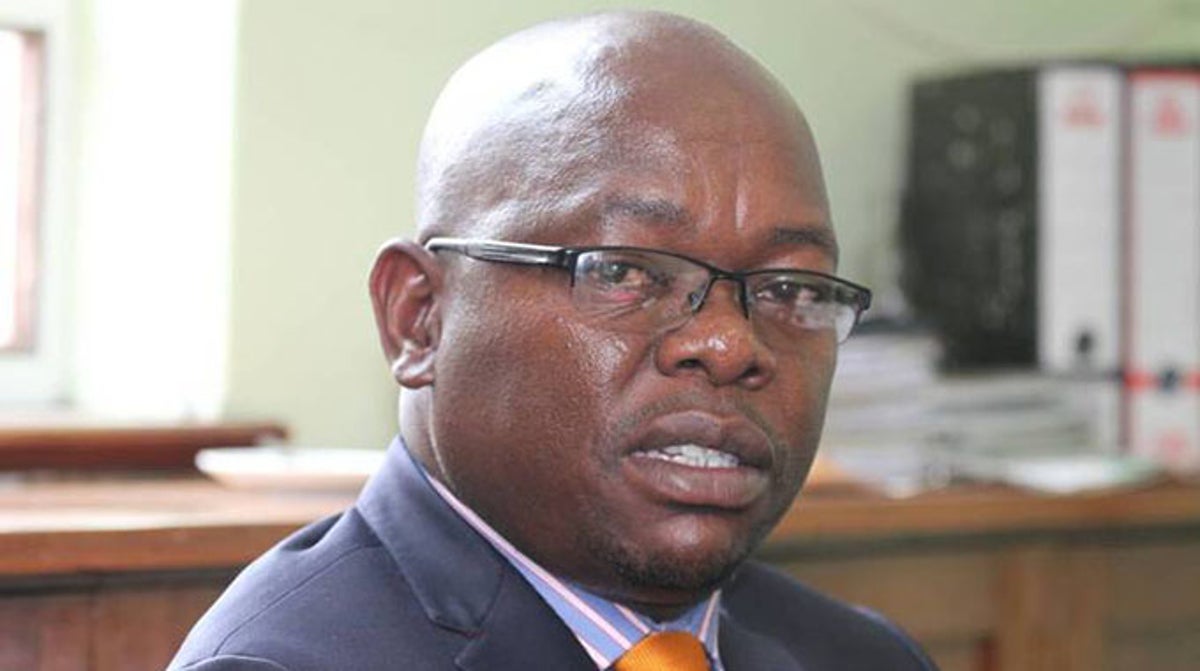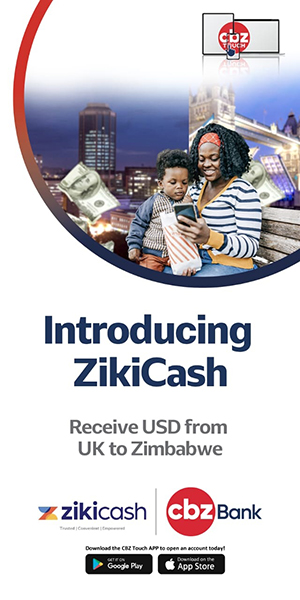THE government has approved the Harare City Council (HCC) 2022 budget which will see ratepayers paying more in rates and fixed charges.
The $41,8 billion budget would see residents in high density suburbs forking out $2 387 a month from the previous $1 736 for fixed services such as garbage collection, healthcare, water, sanitation, energy, education and information technologies while those in low density will pay $7 630 from the previous $4 558.
The figures represent an increase of 37,5 and 67 percent in high and low density suburbs respectively.
Residents in high-density suburbs are also now required to pay $615 up from $575 for the first five cubic metres of water and garbage collection $778 from $565 while minimum property tax will now be $594 from $345 and sewer connections $400 from $250.
Their low density suburbs counterparts will now part with $820 for the first five cubic metres of water from the previous $765, while sewer connections are now at $540 up from $410, garbage collection at $1 112 from $803 with a minimum property tax of $5 158 from $2 580.
According to the budget, the business community charges on refuse collection have also increased in commercial and industrial areas depending on the frequency per week.
Now daily collections are $2 224.74 up from $1 632 and $2 691.94 three times a week up from $1 782.
The council has also more than doubled rentals on the modest number of properties it owns as well as city parking charges which are up to $600 from $120.
On essential health services, ambulance calls are now $1 980 from $820 while maternity fees have slightly risen with expecting mothers now paying $2 475 up from $2 000.
However, since the budget was proposed, Harare residents have complained about the increased charges.
But in a statement yesterday, HCC spokesperson, Michael Chideme said the increase was justified and would enable the council to improve on service delivery.
“We have begun implementing the 2022 budget which the government recently approved and the budget and the fees payable are hedged against the interbank exchange rate.
“Charges went up between 80 and 170 percent. Reports suggesting that the budget went up by 400 percent are not true. Our budget is largely cost recovery and meant to improve service delivery,” Chideme said.
He added: “We have received complaints from motorists who also say charges are too high. Indeed such fees are supposed to be punitive to enforce compliance with bylaws and bring order.”
by
Rumbidzai Ngwenya
STAFF WRITER




